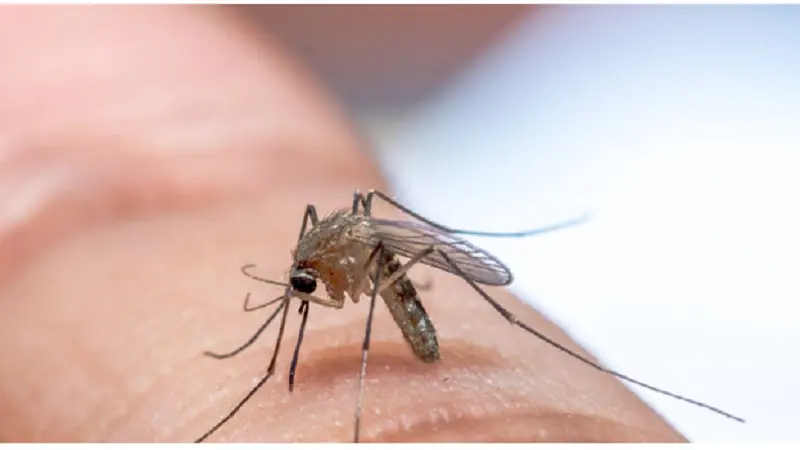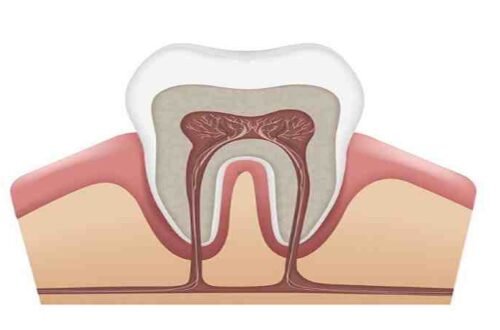As mosquito season approaches, preparing your home and yard to minimize their presence is essential. Taking proactive steps can significantly reduce mosquito breeding sites around your property. By focusing on prevention strategies, you can enjoy outdoor activities without the constant annoyance and health risks that mosquitoes present.
Start by inspecting your surroundings for standing water, as these areas serve as breeding grounds. Emptying containers, cleaning gutters, and maintaining your landscape can keep mosquitoes at bay. Additionally, consider using repellents and treating your yard to create a more comfortable outdoor environment.
Equipping yourself with practical mosquito season preparation tips ensures you remain ahead. Implementing these practices provides peace of mind and enhances your enjoyment of the warmer months.
Understanding Mosquito Season
Preparing for mosquito season requires knowing the timing, climate, and behaviors. Being informed lets you take practical steps to minimize their impact during these months.
Timing and Climate
Mosquito season typically varies based on geographic location and climatic conditions. In McKinney, you can expect the season to start in late spring, usually around April, and can last until the first frost in the fall.
Temperature plays a significant role in mosquito activity. They thrive in temperatures above 50°F (10°C). Rain also contributes to their population, as standing water provides breeding grounds.
Tracks of heavy rainfall can lead to increased mosquito activity in the following weeks. Therefore, consistently monitor local weather forecasts and prepare for potential outbreaks during rainy periods.
Mosquito Behavior Patterns
Understanding mosquito behavior is crucial for effective prevention. Mosquitoes are most active during dusk and dawn when temperatures are cooler.
They are attracted to carbon dioxide, heat, and body odors. Female mosquitoes usually require blood meals to reproduce, making them more aggressive during breeding seasons.
Using repellents and wearing protective clothing during peak activity times can significantly reduce bites. Removing standing water near your home will help control their breeding sites, lowering population levels.
Pre-Season Mosquito Control Strategies
Preparing for mosquito season involves specific actions to reduce their population and the risks they pose. By making proactive changes in your environment, you can significantly decrease the chances of an infestation.
Home and Yard Maintenance
Regular yard maintenance is crucial in deterring mosquitoes. Start by trimming overgrown shrubs and grasses, as these provide resting spots. Keep gutters clean and ensure that downspouts direct water away from the foundation.
You should also consider removing any standing water where mosquitoes breed. This includes bird baths, plant saucers, and clogged drains. If you have a pool, ensure it’s properly maintained and covered when not in use.
Using citronella candles or plants like lavender and marigold can add an aromatic barrier that mosquitoes tend to avoid.
Breeding Ground Management
Managing potential breeding grounds is essential for mosquito control before the season. Identify locations around your home where water can accumulate. Look for items like old tires, buckets, or clogged storm drains that may hold water.
Once identified, eliminate standing water every week. If you have a pond, consider adding mosquito-eating fish, such as minnows or goldfish. Using larvicides can also help control mosquito populations in stagnant water.
Regular maintenance and monitoring of these areas will ensure you reduce habitats where mosquitoes can thrive.
Natural Predators and Biological Controls
Encouraging natural predators is an effective strategy for mosquito control. Bats, dragonflies, and certain bird species feast on adult mosquitoes, helping to keep their population in check.
Installing bat houses and creating a wildlife-friendly garden can attract these natural predators. Planting native vegetation will draw in beneficial insects that manage mosquito larvae.
Biological control products, such as Bacillus thuringiensisisraelensis (Bti), specifically target mosquito larvae without harming other wildlife. Implementing these strategies will create a more balanced ecosystem in your area.
Protective Measures During Peak Season
Adequate protective measures are essential during peak mosquito season to safeguard your comfort and health. To minimize mosquito exposure, focus on personal protection, physical barriers, and chemical repellents.
Personal Protection
Wearing appropriate clothing plays a vital role in protection. Opt for long sleeves and pants made of tightly woven fabrics. Light-colored clothing is more effective as mosquitoes are attracted to darker colors. Consider treating your clothes with permethrin, an insect repellent specifically for apparel.
In addition to clothing, consider using essential oils like citronella, eucalyptus, or lavender, which can deter mosquitoes. Make it a habit to stay indoors during peak activity hours, typically dawn and dusk, when mosquitoes are most active.
Physical Barriers
Creating physical barriers can significantly reduce mosquito access to your home. Install tightly fitted and tear-free window and door screens. Ensure outdoor spaces, like patios and porches, are equipped with screens or canopies.
Regularly maintain your yard by trimming tall grass and clearing any standing water, as these are common breeding grounds for mosquitoes. Consider using mosquito nets around outdoor seating areas or when sleeping outdoors.
Chemical Repellents
Using effective chemical repellents is crucial during mosquito season. Look for products that contain DEET, picaridin, or IR3535. Apply them to exposed skin and follow the instructions for safe use. Reapply as necessary, especially if sweating or after swimming.
For yard treatment, consider using a mosquito spray designed for outdoor spaces. Ensure it targets larvae and adult mosquitoes, and follow the manufacturer’s recommendations to maximize effectiveness.
If you encounter persistent issues, contact Critter Stop at (214) 234-2616 for a free inspection to professionally tackle any wildlife or pest problems. Critter Stop has a fantastic reputation and online customer reviews because it provides high-quality work and excellent customer service.
—





